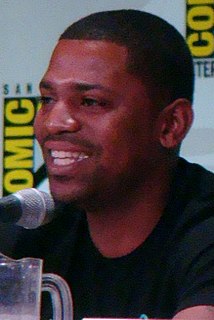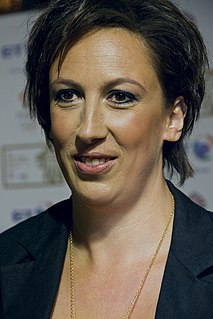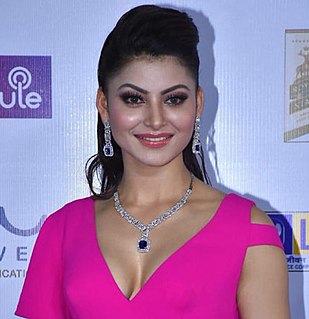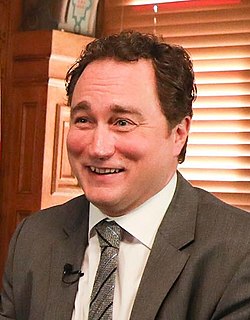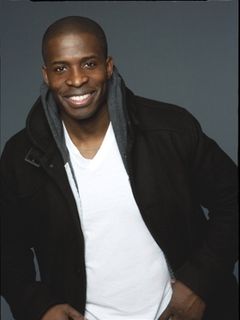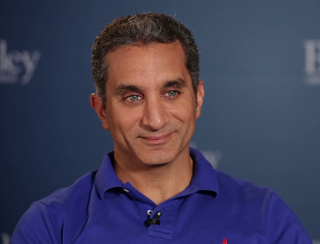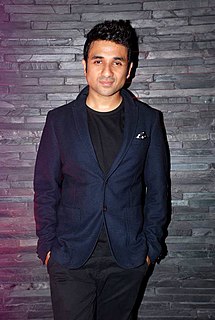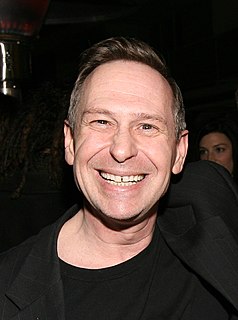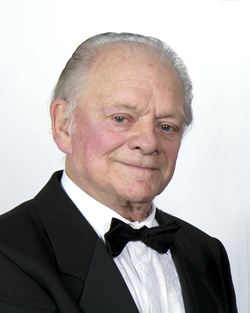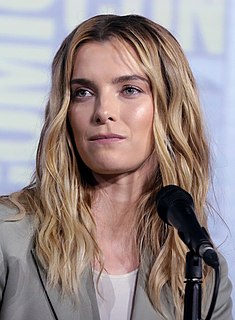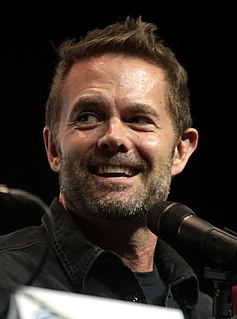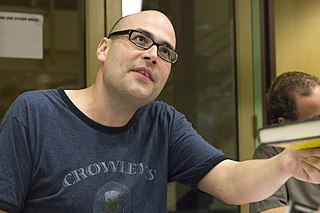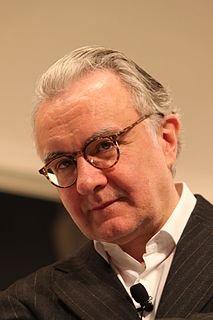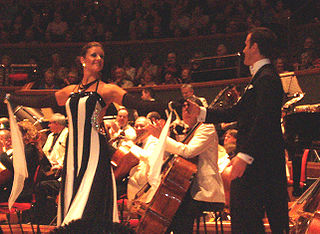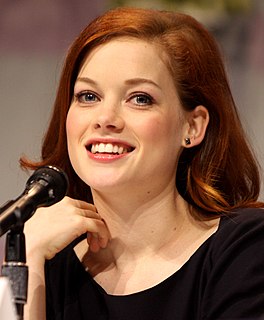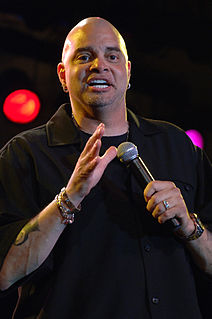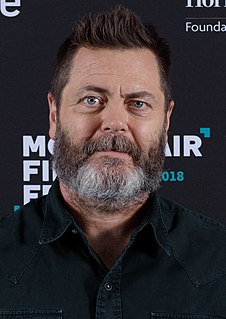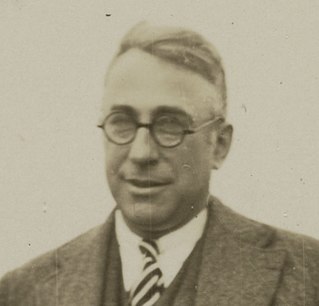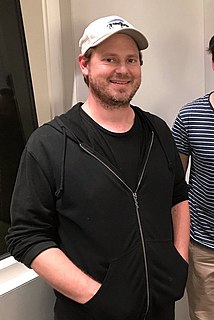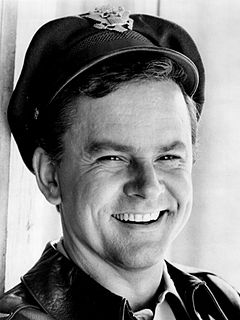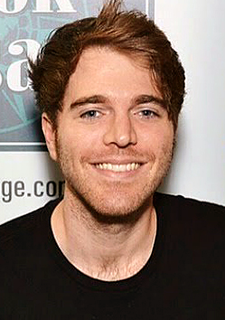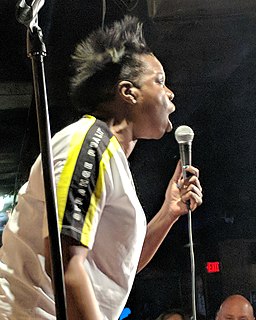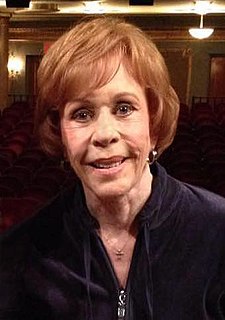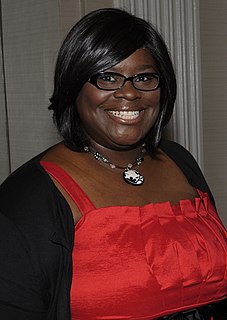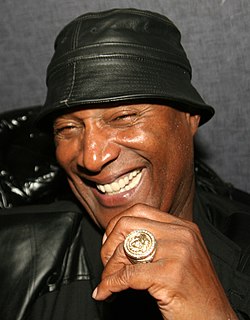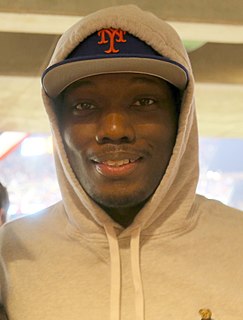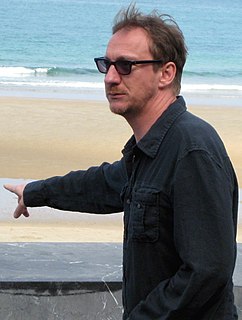Top 1200 Best Comedy Quotes & Sayings - Page 12
Explore popular Best Comedy quotes.
Last updated on December 19, 2024.
Phunny Business is a breezy, vivid, funny, star-studded and delightful valentine to comedy, entrepreneurship and the All-American impulse to make something out of nothing. The story of comedy club owner/inveterate dreamer Raymond Lambert and his heroic quest to create a safe, productive place for black stand-up comedians to hone their craft and find their voices isn't just a great Chicago story and a great comedy story: it's a flat-out great story, lovingly and engagingly told.
If it's a low-brow bawdy comedy, it's got to stand the chance of succeeding as such. If it's an intellectual piece, a drama, and so forth. And of course, once you've determined the level of the piece, do it the best you know how. And then don't make concessions. To audiences, or to pursestrings, or whatever.
That's one of the things about comedy that annoys me the most from a comedian perspective. Comedy has gotten so segregated. Now it's like if you don't agree with somebody, you probably aren't going to like their jokes. I think comedians are starting to write for their audience and not towards the country.

